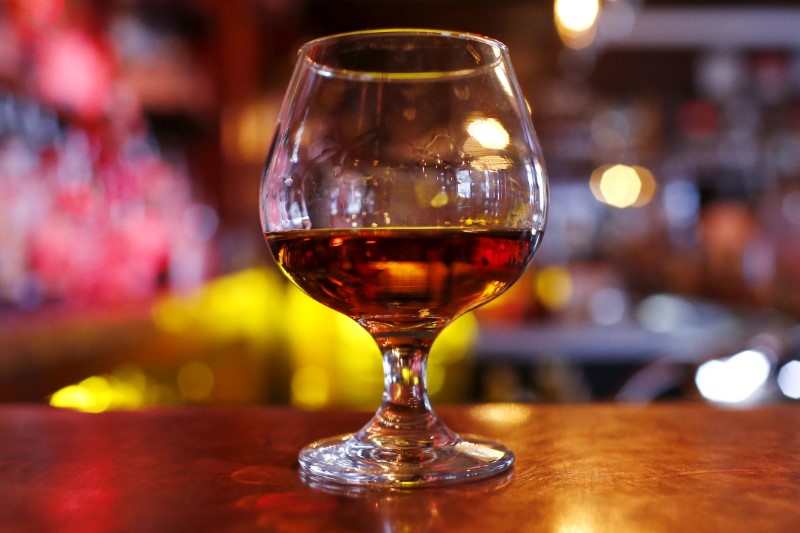By David Shepardson
WASHINGTON (Reuters) - The U.S. Congress is moving to extend by another year tax breaks for beer, wine and distilled spirits worth hundreds of millions of dollars that were initially approved as part of tax reform in 2017.
Without the extension, the Distilled Spirits Council of the United States said it would have faced $275 million in higher taxes, while a beer industry group said it faced $130 million in higher taxes. One wine group said the bill will allow California fineries alone to avoid more than $150 million in higher taxes.
Bills to make the tax reductions permanent have overwhelming support in Congress. The House approved the spending bill on Tuesday that includes the tax provisions, while the Senate is expected to follow suit.
Chris Swonger, who heads the Distilled Spirits Council, said in a statement the measure would provide "significant relief for craft distillers across the country who were facing a 400 percent tax increase beginning Jan. 1."
Jim McGreevy, president and CEO of the Beer Institute, said the beer industry supports 2.1 million U.S. jobs. He said the bill will provide brewers and beer importers "the certainty they need to continue growing their businesses, provide good-paying jobs across the country, and continue to serve Americans greater varieties of our nation’s most popular alcohol beverage."
The tax breaks are worth $12 million annually to both Anheuser Busch InBev (BR:ABI) and Molson Coors Brewing Co (N:TAP). InBev did not immediately comment.
MillerCoors, the U.S. unit of Molson Coors, told distributors and others in an email seen by Reuters that "in the spirit of partnership and consistent with the revenue-splitting approach of our economic model, we once again are passing on 30% of our savings to you."
Robert P. Koch, president and CEO of Wine Institute, said the measure will ensure nearly 4,000 wineries across California can continue to grow. "California wineries were able to re-invest over $150 million in tax savings in 2018 and 2019," Koch said.
The legislation reduces excise tax payments for all U.S. wineries by expanding the value of the existing producer credit and doing away with the phase-out that has prohibited many wineries from receiving any benefit. Excise tax payments for small- to medium-sized wineries are reduced by 55% or more.
Adam Looney, a fellow at the Brookings Tax Policy Center, noted the one-year extension has been estimated to cost $1.2 billion.

He added that while the measure was described as benefiting smaller firms, the "vast majority of its tax cuts go to large distillery corporations and foreign spirits importers, ballooning the cost of the bill, undercutting the ability of truly small businesses to compete, and threatening public health."